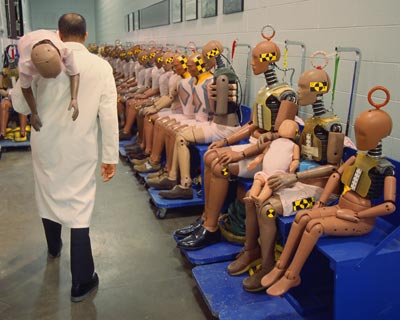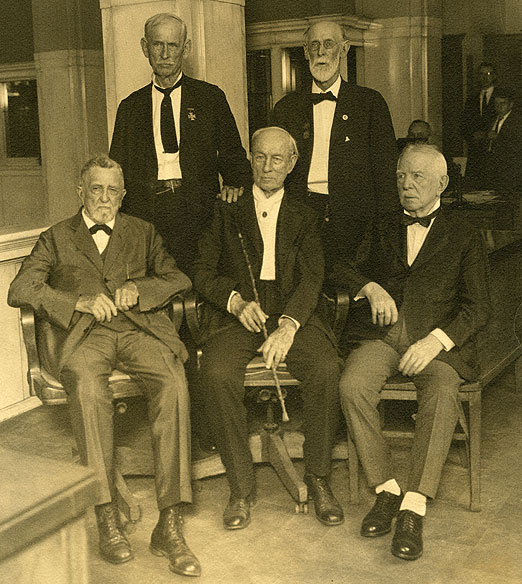Noam Scheiber, who emerged from the TNR apocalypse to work the Labor beat for the New York Times, has published a piece that argues the Uberization of the economy occurred decades before Uber and ridesharing and smartphones and the whole thing. We were on a piece-work trajectory for decades, with efficiency experts and management gurus urging leaner missions for corporations. Makes sense since the middle class began its faceplant in the 1970s, a dive which may only get worse. An excerpt:
David Weil, who runs the Wage and Hour Division of the United States Labor Department, describes in his recent book, The Fissured Workplace, how investors and management gurus began insisting that companies pare down and focus on what came to be known as their “core competencies,” like developing new goods and services and marketing them.
Far-flung business units were sold off. Many other activities — beginning with human resources and then spreading to customer service and information technology — could be outsourced. The corporate headquarters would coordinate among the outsourced workers and monitor their performance.
Cost was unquestionably an advantage of the new approach: Workers were typically cheaper when off the corporate payroll than on it, and the arrangement allowed a company to staff up as needed rather than employ a full complement of workers at all times.
But simply cutting costs wasn’t the primary motivation. The real advantage was to enable the organization to focus on what it did best rather than distract itself with tasks for which it had little expertise and which were not especially profitable.
Since the early 1990s, as technology has made it far easier for companies to outsource work, that trend has evolved beyond what anyone imagined: Companies began to see themselves as thin, Uber-like slivers standing between customers on one side and their work forces on the other.•





